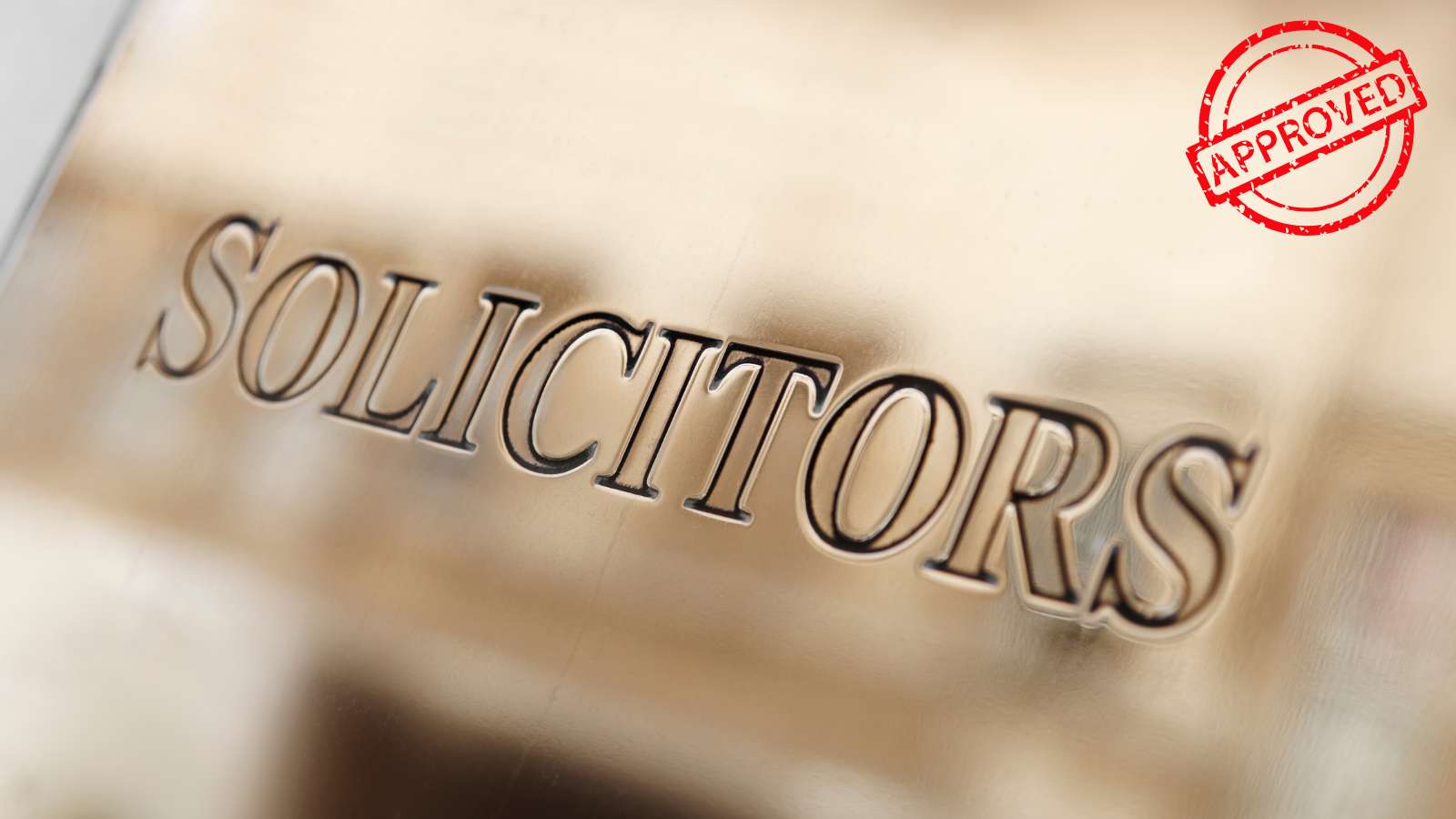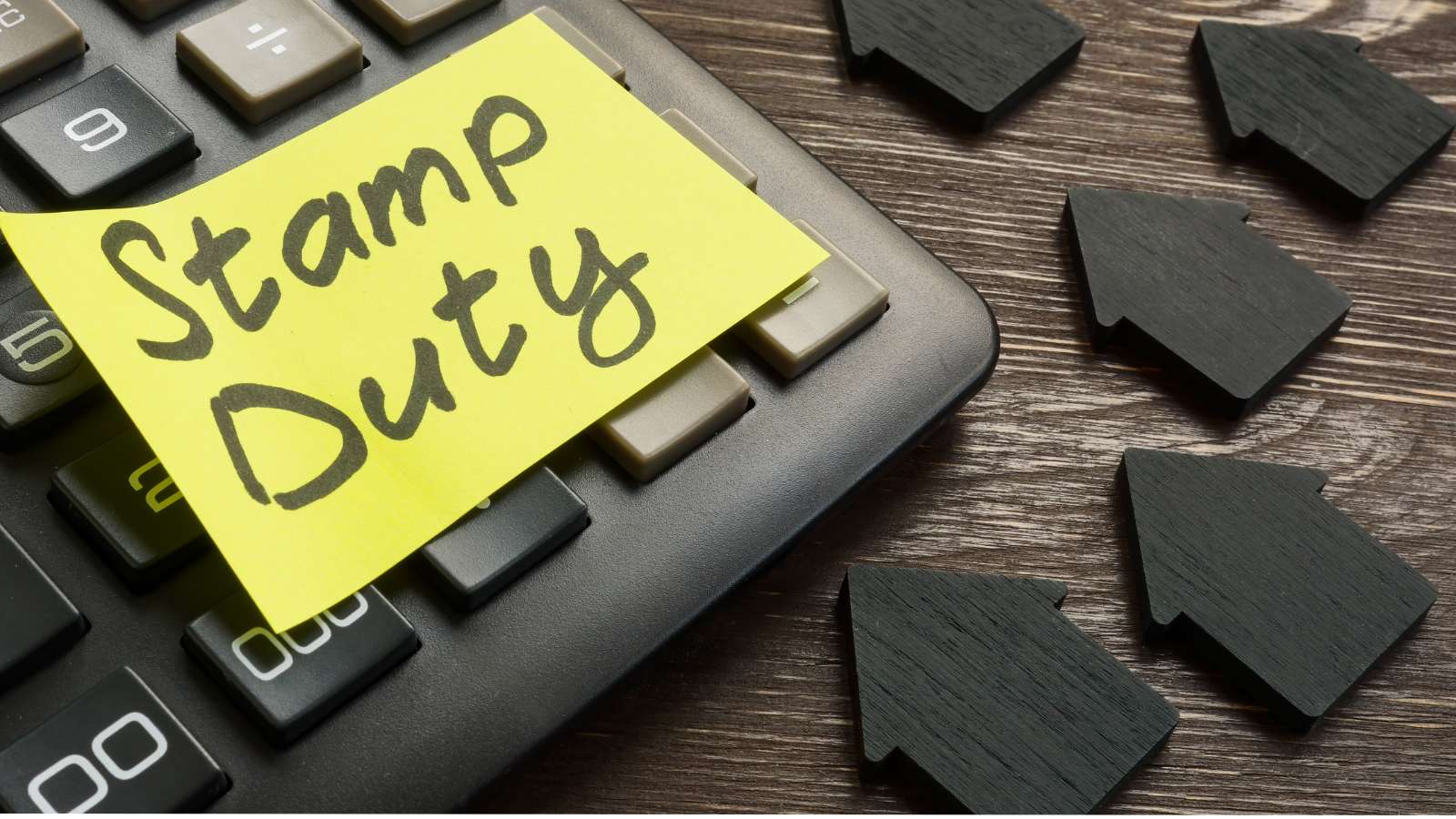British Citizenship Application
There’s something undeniably special about holding a British passport — not just for what it represents legally, but for what it signifies emotionally. For many, applying for British citizenship is the final step in a long journey: one marked by hard work, dedication, and a deep sense of belonging.
At Versus Law Solicitors, we’ve helped individuals and families across the UK navigate this process with clarity and confidence. Whether you’re applying for yourself or helping a loved one take that final leap towards British nationality, this guide will walk you through what’s required, how the process works, and how to give your application the best possible chance of success.
What Does It Mean to Be Naturalised as a British Citizen?
Put simply, naturalisation is how a non-British adult becomes a British citizen. It’s a legal process — one that gives you full rights and responsibilities, including:
-
A British passport
-
The right to vote in all elections
-
Full access to public services without immigration restrictions
-
The freedom to leave and return to the UK without visas
For many, it’s more than just paperwork — it’s a moment of pride, security, and identity. But there are rules, and you need to get them right.
Who Can Apply for British Citizenship?
Most of our clients apply for citizenship through the naturalisation route, which requires that you’ve lived legally in the UK for at least five years, and held Indefinite Leave to Remain (ILR) or Settled Status under the EU Settlement Scheme for at least 12 months (unless you’re married to a British citizen — we’ll explain that too).
To qualify, you must meet these basic criteria:
-
Be 18 or older
-
Be of good character (no serious criminal history, recent immigration breaches, or deception)
-
Intend to make the UK your permanent home
-
Meet the residency requirement
-
Pass the Life in the UK Test
-
Prove sufficient English language skills
Let’s break those down a bit further.
The Residency Requirement: Time Spent in the UK Matters
This is where many applicants start their journey. To apply for citizenship through naturalisation, you must:
-
Have lived in the UK for at least 5 continuous years
-
Have not been outside the UK for more than 450 days in that period
-
Have not been outside the UK for more than 90 days in the last 12 months
-
Have held ILR or Settled Status for at least 12 months (unless you’re married to a British citizen — in which case, you only need to hold ILR/Settled Status at the time of application)
It’s crucial to calculate your absences carefully — they can and do impact applications. Sometimes, a few extra holidays or a family emergency trip abroad can push you over the limit. That’s where our advice becomes especially valuable.
Life in the UK Test: It’s Not as Bad as It Sounds
This test assesses your knowledge of British history, culture, values, and everyday life. Think of it as a citizenship quiz — 24 multiple-choice questions based on a study guide you can buy or download.
It’s not particularly difficult, but it must be passed before you apply. And you must take it at an approved test centre.
If English isn’t your first language, we usually recommend preparing a few weeks in advance, just to build confidence.
English Language Requirement: Show You Can Communicate
Applicants must demonstrate that they can speak and understand English to at least B1 level on the CEFR scale.
You can satisfy this requirement by:
-
Passing an approved English language test
-
Holding a degree taught in English (with a UK NARIC/Ecctis certificate)
-
Being a national of a majority English-speaking country (e.g. USA, Canada, Australia)
Tests must be taken at a Home Office-approved provider, and certificates must be included in the application.
What If You’re Married to a British Citizen?
The rules are a little different. If you’re married or in a civil partnership with a British citizen, you can apply after three years of residence, rather than five — and you don’t need to wait 12 months after getting ILR or Settled Status.
However, all the other criteria — good character, English language, Life in the UK Test — still apply.
How to Apply: Step-by-Step Overview
Once you meet all the requirements, the application itself is reasonably straightforward — though getting it right can be a different matter entirely.
Step 1: Prepare Your Documents
This usually includes:
-
Your passport and travel documents
-
Biometric Residence Permit (BRP), if applicable
-
Proof of English and Life in the UK Test
-
Evidence of residence and absences
-
Marriage certificate (if applying as a spouse)
-
Evidence of lawful residence for the required period
It’s also useful to gather older visas, Home Office letters, and proof of your employment or studies, if needed.
Step 2: Complete the Online Application
Applications are submitted online via the UK Government’s citizenship portal. You’ll be asked to upload your documents and pay the application fee.
Step 3: Pay the Fee
As of 2024, the application fee is £1,580, which includes the citizenship ceremony. This is non-refundable, even if your application is refused.
Step 4: Attend Your Biometric Appointment
You’ll need to attend a UKVCAS centre to provide your photo and fingerprints. Some premium services are available, such as same-day appointments — but they come with additional costs.
Step 5: Wait for a Decision
Most applications are processed within 6 months, but it can vary. Complex cases or delays in verifying documents may take longer. We’ve also seen straightforward applications approved in just 3 months.
Once Approved: The Citizenship Ceremony
You’ll be invited to attend a citizenship ceremony at your local council. It’s a formal event, but also a proud moment — where you make your oath or affirmation of allegiance and receive your certificate of naturalisation.
From here, you can apply for your British passport — and that final step often brings more joy than words can express.
Common Pitfalls to Avoid
We’ve reviewed countless applications over the years. And most refusals happen due to avoidable mistakes:
-
Incorrect or missing travel history
-
Incomplete documents
-
Failing to disclose past immigration or criminal issues
-
Out-of-date test certificates
-
Applying too soon after receiving ILR
A refusal can set you back by months — and cost you a significant amount. Getting it right the first time really does matter.
Why Versus Law Solicitors?
We understand that this process isn’t just about ticking boxes. For many clients, applying for citizenship represents closure, pride, and peace of mind. We treat every case with the respect and precision it deserves.
Our team provides:
-
Clear, fixed-fee consultations
-
A full document check and application review
-
Honest, straightforward advice
-
End-to-end support — from eligibility to ceremony
Whether you’ve just received your ILR or you’re ready to apply now, we’ll help you move forward with confidence.




